Poster about Domestic and Family Violence Perpetrated against People and Animals
Lucy’s Project is pleased to have collaborated with Women’s Legal Services Australia to develop and launch a poster together at the STOP DV Conference 2025. The poster can be accessed by clicking the button below.
Lucy's Project's Education Program
Our Education Program equips practitioners and policymakers to improve the safety of people and animals experiencing domestic and family violence. All sessions are interactive and audience participation is encouraged. Case studies are used to highlight the important takeaways from the sessions.
If you are interested in our education program, please sign up to our mailing list to find out about future sessions or email hello@lucysproject.com.
Our education sessions are now available on-demand below.
We invite you to provide feedback on each session by scanning the corresponding QR code. Your insights help us continue to improve and tailor our training to meet the needs of practitioners, policymakers, and the communities we serve.
Inspired by our Education Sessions?
Donate today to help people and animals find safety together.
Education Session 1: Understanding Domestic and Family Violence Perpetrated against People and Animals
Our first education session provides a foundational level of knowledge in the recognition that human and animal safety is intertwined and that animals are victim-survivors in their own right.
The session covers:
- The important relationship people have with animals in Australia
- The prevalence of domestic and family violence (DFV), and the high levels of
animal companionship in Australia - The nature of DFV perpetrated against animals, and signs to watch for that may
indicate animal abuse - Barriers human victim-survivors with animals face to leaving a person who uses
violence, and how services can help overcome these - Referral pathways, and the power of service provider collaboration in ensuring
the best outcomes for people and animals affected by violence
Target audience: Anyone who works directly with people and animals in the DFV, homelessness, community, animal welfare, or veterinary sectors, law enforcement, as well as local councils and state and federal governments.
We’d love your feedback – Click here or scan below to complete our quick survey

Education Session 2: Providing Animal Inclusive Intake, Risk Assessment and Safety Planning
This highly practical session provides advice regarding animal inclusive intake, risk assessment and safety planning, and discusses the considerations for assisting human and animal victim-survivors to leave a person using violence.
The session will cover:
- The benefits of animal inclusivity in traditionally human-centric services for victim-survivors
- Suggested questions to ask during the intake process, and how to perform a risk assessment for people and animals who have experienced or are at risk of DFV
- The process when a human victim-survivor with animals chooses to leave a person using violence; practical considerations for preparation, the day of leaving, and following relocation
- All animal species which may be relocated, with an in-depth look at the logistical constraints of moving large animals
- Options for animal placement, both with the victim-survivor, and when this cannot be facilitated
- Other support options which may be available, including those where victim-survivors are supported to stay in their home, with removal of the perpetrator
Target audience: Anyone who works directly with people and animals in the DFV, homelessness, community, animal welfare, or veterinary sectors, law enforcement, as well as local councils and state and federal governments.
We’d love your feedback – Click here or scan below to complete our quick survey

Education Session 3: Implementing Animal Inclusive Practice and Supporting Recovery and Healing
Our third session expands on the benefits of animal inclusivity to address how to tangibly make changes to be welcoming to people with animals, and animals. The importance of keeping families together through the healing journey are highlighted.
The session will cover:
- A recap of the benefits of animal inclusivity in traditionally human-centric service provision, including the positive effects for people and their animals, but also for workers
- Practical ways to prepare a service for welcoming clients with animals in an empathetic and trauma-informed way
- Tangible steps services can take to show commitment to animal inclusivity, both internally and to the public, even if animals cannot be welcomed on site
- The wellbeing of clients and staff, both animal and human
- How to support recovery and healing for human and animal victim-survivors
- Considerations for people who may face additional barriers to support, such as victim-survivors from migrant, refugee and First Nations communities, those who live in regional and remote areas, victim-survivors with disability, LGBTQIA+ victim-survivors, and children
Target audience: Anyone who works directly with people and animals in the DFV, homelessness, community, animal welfare, or veterinary sectors, law enforcement, as well as local councils and state and federal governments.
We’d love your feedback – Click here or scan below to complete our quick survey

Education Session 4: Legal considerations for human and animal victim-survivors
Join us to learn about legal considerations that are relevant for human and animal victim-survivors. While it is important for tailored legal advice to be made available for victim-survivors, it is valuable for workers and service providers to have an
understanding of the relevant legal considerations and issues that can arise.
The session will cover:
- Family law
- Family violence law
- Criminal law on coercive control
- Animal welfare law and how to report suspected animal cruelty
- Residential tenancy law
- A comparison of the laws in different states and territories
- The principle of sentience
Target audience: Anyone who works directly with people and animals, or on policy and programs, in the DFV, homelessness, community, animal welfare, or veterinary sectors, law enforcement, as well as local councils and state and federal governments.
We’d love your feedback – Click here or scan below to complete our quick survey

Additional Resource: National Legal Fact Sheets
To support and extend the learning from Education Session 4, we are pleased to provide a set of detailed national legal fact sheets developed through a pro bono collaboration between White & Case and Lucy’s Project.
These fact sheets offer clear, accessible summaries of key legal issues affecting people and animals experiencing domestic and family violence across every state and territory. They cover topics discussed in the session — including family law, family violence legislation, tenancy rights, animal welfare protections, and considerations around ownership and safety planning — and outline how these laws differ across jurisdictions.
This resource is designed to help workers, practitioners, and service providers deepen their understanding and better support victim-survivors and their animals when navigating complex legal systems.


